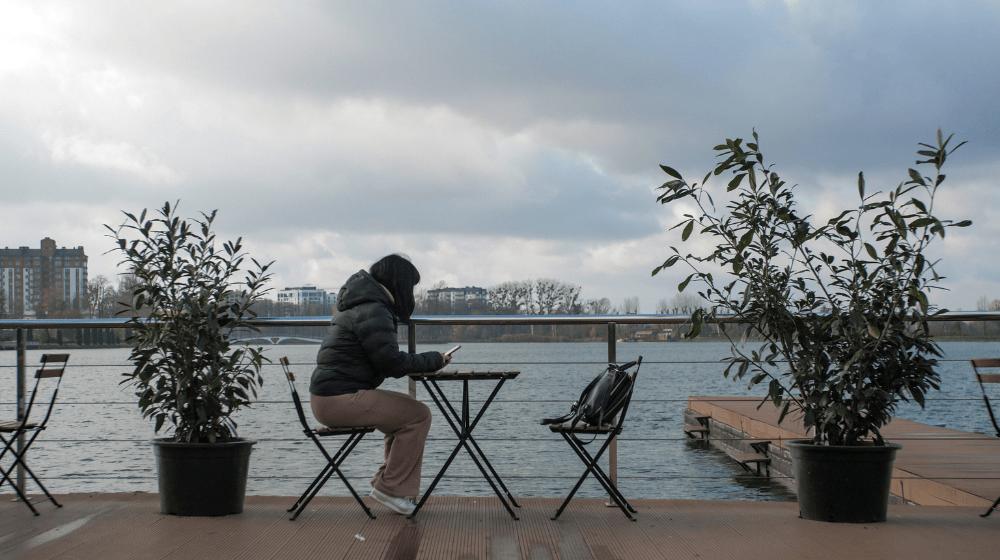At the age of 31, Maryna had a happy family and loved spending time with them. Now it is difficult for her to imagine how to live on.
How much did the war affect her life, what did she have to change, and how did she overcome domestic violence? Maryna told UNFPA about this.
"The first "unforgettable" day of the war"
We woke up at 4:45 because of the first explosion, though we thought it was thunder. But in February, this an unnatural phenomenon. I looked out of the window and there were flashes; from our window you can see the nearby military unit very well. Flashes - explosion, flashes - explosion. Then we realized that the war had begun.
My friend called; she lives a few floors above. Shells flew by near her windows. She was very scared and came to us and then we decided to take her out of the city. On the way, we came upon a military column, a very large one. It was coming from the Crimean side to our city with the insignia "Z". We realized that something was going wrong.
When we returned, there was chaos in the city. People were trying to refuel their cars; queues at gas stations were at least 2 hours long. It was not possible to withdraw money from ATMs; the connection began to fail. We refuelled the car and bought groceries at the store. Employees at the store did not even know that the war had begun. A classmate was working at the cash register there and he asked what was happening, because they did not understand why the store windows were shaking.
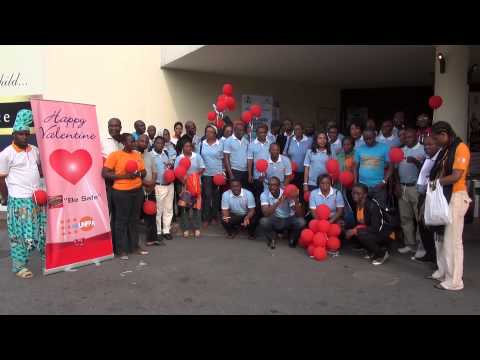
"The first two weeks were very scary, because you couldn't leave"
I had to live under occupation for almost 2 months. Russian equipment stood near every house. If you lived in the city centre, it wasn’t so scary. There were not many of them in the city centre, and they did not go there. But when you leave the city, you see that the entire forest has been dug up; there are trenches, buried machinery, and blown-up cars. And then you realize that your city is surrounded by Russian troops.
The first two weeks were very scary, because it was not possible to move even from one city to another. Roadblocks were set up, and those who violated the rules were shot on the spot. If there was a curfew and you were found outside during it, you were gone.
We only left the house to buy groceries. They were very expensive, and the stores probably ran out of stocks in the first two days. People began to trade products among themselves. For example, to buy oil, we had to go to a nearby town. Drive to another settlement, stand for two hours at a roadblock, and buy oil and pasta that way. Products had to be searched for. The same applied to household chemicals and essential items. People looked for everything, and when they found it, they had to stand in line. That's how everyone lived in the occupation. There was no security; you went out without knowing whether you would return.
Once they came to our house, surrounded the entire courtyard, and stationed a military man with a weapon at each entrance. They came in and after 5 -10 minutes they carried a black bag out . This is how we lived, and you didn’t know if they were knocking on your door or the neighbour's. We decided that we had to leave and packed in 40 minutes.
"Our first departure was unsuccessful"
We had to move through 23 or 24 block posts to Kherson. Documents and birth certificates of children were checked at each post. Men were asked whether they had done military service. We got to Kherson, waited a long time, but they didn't let us out.
While we were waiting, a shell flew by and the air defence system went off; there was an explosion in the sky. We decided not to wait and to drive through Bashtanka, but we were not allowed to go there. They said that a convoy would be be going now, so we had to clear the road; otherwise our 7 cars would be shot.
We decided not to stay in Kherson. The next day, an acquaintance called us and said that they were letting people leave. We went again.
We were very lucky, our belongings were not checked, only documents were checked. When we passed the grey zone, a truck exploded in front of us. And then there were tears when we saw our military after the grey zone. Then everyone cried, both men and women, because for us, it was freedom. I felt happy that I could be free, that I no longer had to live by those rules.
"He hit me, and I felt what violence is"
It happened suddenly after the birth of our child. At that time, we had been in a relationship for 8 years (married for 2 years). We had been together since we were 17, we were dating, everything was great. And then I realized that something was wrong. He began to disappear, he was not at home, I was alone with the child all the time. I started asking what was wrong, trying to figure out the relationship.
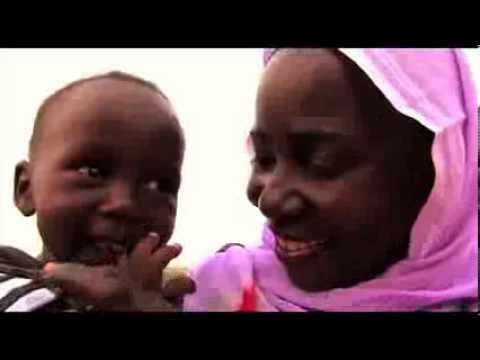
We had liked to go for a walk as a whole family, but my husband started going for walks alone. I go alone with the child, and he goes on a bicycle, that's what he said then. After these walks, I found some hair and some other things. He started to tell me that I was wrong, that I had made all this up.
Acquaintances began to tell me that he was celebrating his birthday with another woman on the riverbank, where were walking with the child. I confronted him with all the facts I had about him, about his betrayal. He convinced me that I was wrong; now it is called gaslighting.
After a similar conversation, he hit me for the first time, and I felt what violence is. I can say that gaslighting is even more violent than physical violence. You are constantly convinced that you are abnormal, nothing is as it seems to you, you imagined it all. And you gradually begin to believe it, you begin to destroy yourself as a woman, as a person, as a balanced person. I realized that my child needed a normal mother. And we broke up because it couldn't go on like this.
"I should have left earlier, because all our quarrels were reflected in the child’s mental state"
One day a woman called me and said that she was in a relationship with my husband, that she loved him and could not live without him. However, our marriage did not end then, because I really wanted my child to have a father. It was my mistake. I should have left sooner, because all our quarrels had an impact on my child.
Later, I realized that I couldn’t live like this anymore. People addicted to violence are considered sociopaths. And they start to like it. And I didn't like it. I asked myself the question: what are all these sacrifices for? I just want to be happy.
A year and a half passed from the onset of domestic violence to the moment when it all ended. It was a difficult 18 months when every day I woke up thinking about filing for divorce, packing up. At that time, we had been together for almost 10 years, and married for about 4. I didn't know how I could continue, because that's almost half a life together. Every day I thought about it, and then I decided that I had had enough and it was necessary to put an end to it.
When you take a step forward, you realize that there is no turning back. He asked me to go back, but I said I didn't want to. We divorced through court. The judge defended my rights very well. At this point, our relationship is completely over, he is even afraid to call me. Everything is dealt with by correspondence.
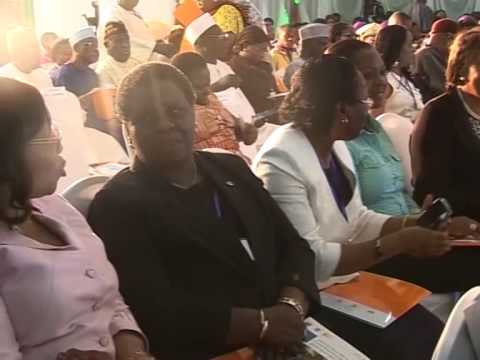
"Thanks to the “VONA hub” project, I felt needed and if I need help I will have it"
At first, I did everything not for myself, but for my husband. I lost weight to be beautiful for him. I cooked a lot of delicious food. I tried to be a hostess so that everything was comfortable for him. Not only that, but I went to work when the child was 1 year and 7 months old, to supplement our family budget.
And after the divorce, I realized that there is no need to do everything for someone else; you only need to do it for yourself. Thus, the divorce changed my life for the better. I started playing sports because it was necessary for me. I went to study to improve my knowledge. I started traveling with my friends and daughter.
Before the war, I had plans to open a private centre for child development in my city. I found out on the Internet that there was recruitment for training in IT. I was very interested; I saw that there was a course available: "IT technologies and business development".
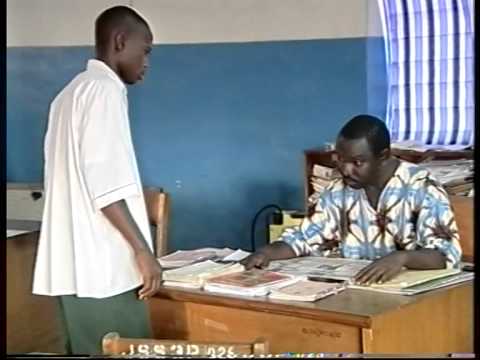
I was wondering how I could build a business plan for offline and online growth, so I filled out an application. That's how I got to know Tatyana, career counsellor at "VONA hub", passed interviews, filled out all the questionnaires. The training was good; the instructor worked with us and we had both practical and theoretical training. It became clear to me that if I dared to carry out my project, I would be able to implement it. The training gave me the confidence that I could do it and a step-by-step guide on exactly how to do it.
It's very good that there are projects like "VONA hub” because you feel needed. You feel that you have help. In this difficult time, when you are in a city where you do not know anyone, you can communicate with people. It's very nice. I can’t express how much I enjoyed this programme.
I really want women who suffer from violence not to be afraid to change their lives, even if you must leave with nothing. Everyone can choose their own path, and you should not choose a path that involves violence. You need to believe in yourself because it is this belief that gives you confidence.
Having left Kherson region two months after the full-scale invasion, Maryna was able to gain economic independence thanks to the VONA career hub programme.
The "VONA" career hub is implemented by UNFPA, the United Nations Population Fund in Ukraine (UNFPA), with the financial support of the Embassy of Great Britain and the USAID Bureau of Humanitarian Assistance (BHA).

